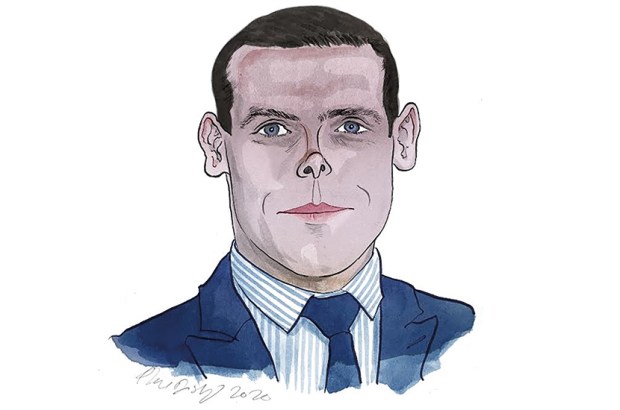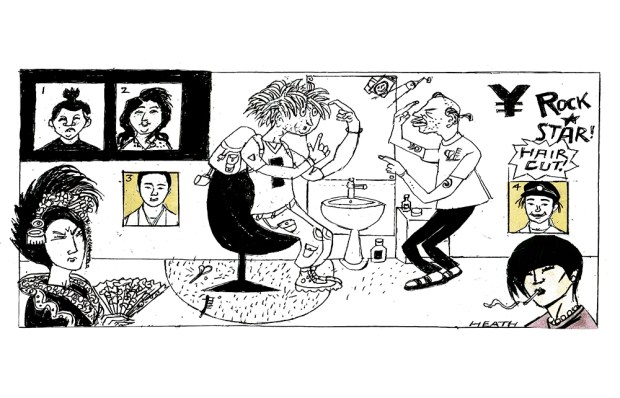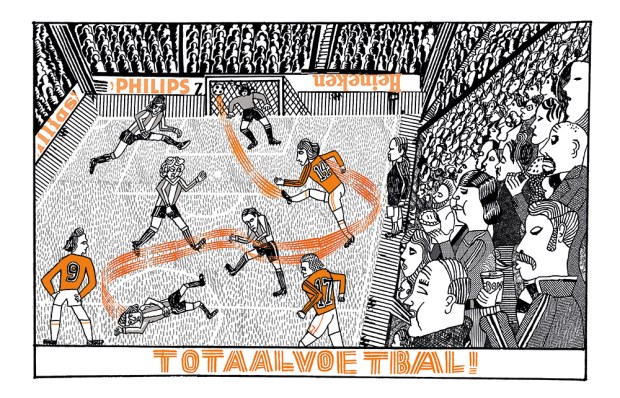From a distance, Nicola Sturgeon seems unbeatable. Polls show her party with just over 50 per cent of the vote, quite a feat in a five-party parliament. But this week, she has found herself fighting for her political future. Alex Salmond’s sensational claim to be the victim of a conspiracy designed to destroy him — even ‘imprison’ him — has the potential to bring down the House of Sturgeon.
Salmond alleges that his successor has misled the Scottish parliament on multiple occasions about her knowledge of (and involvement in) her government’s investigation into complaints of sexual misconduct made against him. Far from knowing nothing and being in no way involved, Salmond argues that the First Minister, and those close to her, were deeply involved in a process subsequently deemed ‘unlawful’ at judicial review. This isn’t about the charges against Salmond (none of which stood up in court) but the way in which the Scottish government brought the case against him.
Sturgeon claims to have ‘forgotten’ a meeting in her office at which she was notionally first informed of this investigation. It passes no kind of smell test. Would anyone forget the first time they heard such devastating allegations against their mentor and predecessor? Then there are the dates, which don’t stack up. Salmond further alleges that the meeting she refers to, far from being a fleeting or casual encounter, was instigated by her office precisely to discuss the complaints. In which case, could the subject on the agenda have been anything other than the allegations against him?
If Sturgeon is found to have misled parliament, she will have repeatedly broken the ministerial code — a breach considered a resigning offence. Her truthfulness — her integrity — is on trial. If, as she says, she has nothing to hide, it is baffling that her government is behaving as though she has.
Salmond’s case against her is outlined in a document he submitted to the Scottish parliament committee investigating his case. But the SNP-chaired committee then threw out the evidence on the grounds that it would identify a complainant — and therefore be in contempt of a High Court anonymity order. The Spectator went to the High Court to seek guidance: did it really intend to thwart a parliamentary inquiry? No, came the answer. With legal impediments removed, Salmond’s evidence was then published.
His testimony contained claims about meetings he and his representatives had with Sturgeon. He claims evidence of ‘a deliberate, prolonged, malicious and concerted effort among a range of individuals within the Scottish government and the SNP to damage my reputation, even to the extent of having me imprisoned’. Among those he names is Peter Murrell, SNP chief executive and Sturgeon’s husband. He declared himself ready to give evidence along these lines.
Then the Crown Office intervened, to say it wanted huge chunks of his evidence redacted. Under Holyrood rules, redaction means it can’t be considered by the inquiry. So why the redaction? By far the most convincing explanation for this startling censorship is that publishing the unredacted documents risked embarrassing the First Minister and exposing her as a liar.
It’s not yet clear how the feud will end but it is clear that Sturgeon is facing an ever-larger split in her party. Her internal critics complain that, after six years as First Minister, she still has no credible route to the second independence referendum she has spent years suggesting lies just around the corner.
Unionists have spent six years trying and failing to lay a glove on her. Now they look on astonished as the SNP’s civil war threatens to destroy the party leadership at a moment when it, and the nationalist cause, has never been more popular. Politics is often an improbable business, but rarely more so than in Scotland now.
Got something to add? Join the discussion and comment below.
Get 10 issues for just $10
Subscribe to The Spectator Australia today for the next 10 magazine issues, plus full online access, for just $10.
You might disagree with half of it, but you’ll enjoy reading all of it. Try your first month for free, then just $2 a week for the remainder of your first year.















Comments
Don't miss out
Join the conversation with other Spectator Australia readers. Subscribe to leave a comment.
SUBSCRIBEAlready a subscriber? Log in